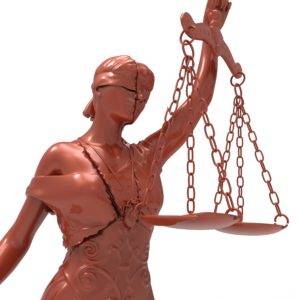Can you ask a Supreme Court judge to recuse him/herself from a case before the Court?
In this hyper-partisan age, the question seems particularly relevant. During the Senate Judiciary Committee Hearings, Judge Kavanaugh defended himself with a zeal that arguably betrayed a mistrust and contempt of people including the Clintons and Democrats, in general, that would seem to bias any considerations of law that would involve them.
Arguably, Associate Justice Ginsberg might find herself in such a position as well given the intemperate comments she publicly made regarding Donald Trump. Although she has apologized for these admittedly inappropriate remarks, she may have disqualified herself from any issues relating to Donald Trump that may come before the court.
The Supreme Court is a sacrosanct institution. Sadly, the other two branches of government, the Executive and Legislative, are mired in political calculations. The Court has been ostensibly above that. It is political on some levels; the justices are nominated and confirmed by the President and Senate respectively, concepts of judicial activism and interpretation of the Constitution have worked within and often reflected the cultural milieu of the country. Nominees to the Court are often subjected to litmus tests either during the nominating process or confirmation process, and both President and Senate hear the voices of potential voters as they make their inquiries and decisions.
As politics has become blatantly a part of the Judicial and Constitution review, one wonders what happens to the legitimacy of a Court with members biased not by an interpretation of the Constitution or moral conviction but biased by the harsh tribal political climate in which we currently live. This question sadly needs to be asked and actually undermines the legitimacy of the Court. The implications of what happens to our Democracy when this sacred institution falls is a frightening existential threat, not only to the Court but the very Republic it was conceived to serve.

